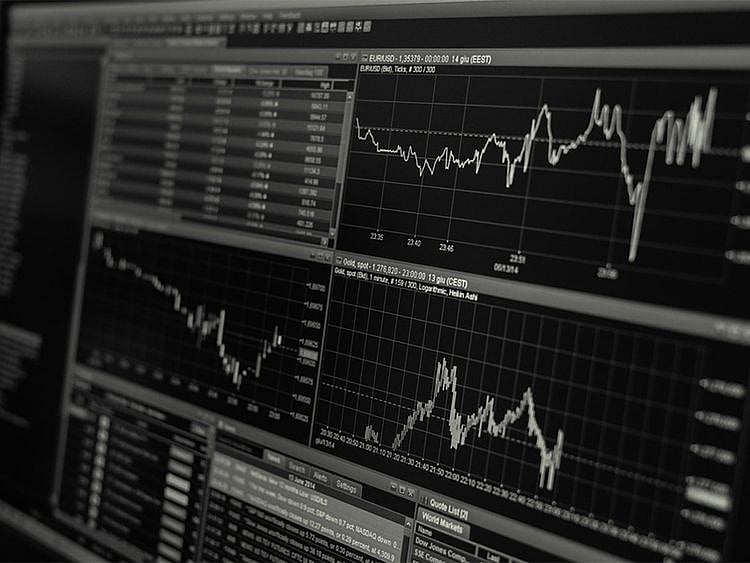UAE is speed learning the language of data – and it will pay off
Speed is of essence in data-enabled transitions nations

Data is the new language– and you are already in the classroom learning it, whether you know it or not. And the UAE is at the forefront of this change. Grasping how deeply real-time data has filtered into our day-to-day lives and work is hard to pin down. From massive data, banks tracking our financial footprints to the real-time ease of digital banking, the emergence of a metaverse turning science-fiction into reality, and so much more – all targeted at ultra-convenience, enhanced transparency, and utmost safety.
The UAE government recently declared that the digital economy’s contribution to non-oil GDP will soar to 20 per cent by 2031, nearly double the 11.7 per cent achieved last year. Is this realistic? Absolutely, with the UAE’s goal to be a primary global data hub underpinned by ambitious target-based strategies and a colossal cultural appetite for a digital evolution.
Plus, the UAE is increasingly embracing the ‘freedom to fail’ ethos, which lies behind some of the greatest stories of innovation. Steve Jobs and Bill Gates both experienced failures before truly thriving, for example, with the latter saying: “It is fine to celebrate success, but it is more important to heed the lessons of failure.”
The facts surrounding the UAE’s digital journey are already impressive. It is likely to be the first cashless country in the Middle East, ranking eighth worldwide, according to a report by UK-based Money. ADNOC, the world’s twelfth largest oil company, revealed two years ago that its Panorama Digital Center had generated more than $1 billion in business value, had 250,000 real-time data points, and historical data stretching back to 1991.
A $255b leg up
Ramping up digitalization holds great promise for those wanting to make a bolder statement on the global map in the 21st century. For one, $255 billion in regional GDP could be generated by the Gulf states if they accelerate their digital growth, highlighted Strategy&. The GCC countries have climbed in Strategy’s Digital Economy Index at twice the speed of countries in the OECD (Organization for Economic Co-operation and Development) grouping over the last decade.
Imagine living in Dubai yet talking to colleagues from every point on the globe ‘in person’, seemingly physically shaking hands, walking around the office together, or grabbing a 20-minute swim along the Great Barrier Reef in your lunch break. Therein lies the possibilities offered by the metaverse – the convergence of the physical and digital realms in the next evolution of the internet and social networks using real-time 3D software – which could be a $800 billion market opportunity by 2024.
Sign up for Metaverse
The UAE is pushing hard to get to first-mover status. For example, One Human Reality will be Dubai’s presence in the emerging metaverse, following its launch during the World Government Summit in March. Dubai’s Virtual Assets Regulatory Authority (VARA) announced its entry into this new dimension with the establishment of its Metaverse HQ in ‘The Sandbox’ – the first regulator to make its debut.
Leading the global digital charge requires constant innovation and, in turn, a cultural zest for adaptability. This is already very evident in much of the UAE. The UAE’s National Program for Coders aims to create 1,000 digital companies, 500 internship opportunities, and 10 coding sectors in universities.
The UAE’s passion for digital education goes beyond its borders, as illustrated by the launch of The Digital School in 2020 with 20,000 students in the Arab region and beyond. With a focus on young people in refugee camps and marginalised communities, the effort by the Mohammed bin Rashid Al Maktoum Global Initiatives (MBRGI) aims to reach 1 million students by 2026 – equivalent to 10 per cent of the UAE’s entire population.
So, when the nation’s leaders are saying the country will top the digital scorecard, we should listen. And think of how we can all leverage these opportunities.
Network Links
GN StoreDownload our app
© Al Nisr Publishing LLC 2026. All rights reserved.